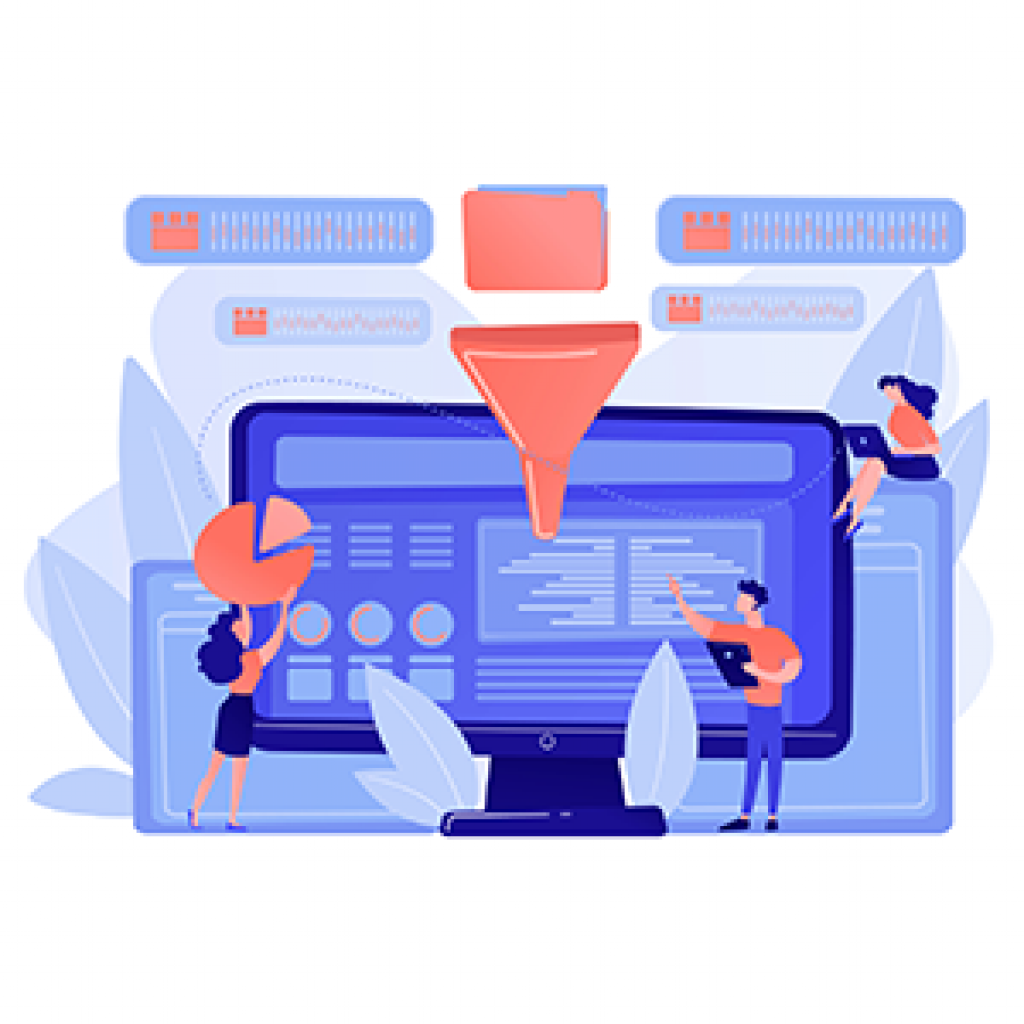
As the business intelligence solution market evolves, it may be difficult for an organization to know when to invest in these tools, and which tools are best for enterprise and user needs. In this article, we will discuss the benefits of implementing BI tools within your organization.
There are many benefits of business intelligence, and these benefits provide support for users and for the organization at large. Gathering data and analyzing that data to make accurate, timely decisions is key to business success, and business intelligence solutions are designed to engender that success with self-serve business intelligence features and functionality that make it easier to derive information and make sense of that information quickly and easily.
What is self-serve BI? Self-serve business intelligence provides an analytics approach that is accessible to business users. Built for intuitive use with no requirement for data science or business analytical skills, self-serve BI allows team members to explore and analyze data using sophisticated features in a user-friendly environment that encourages user adoption. This approach to analytics offers many benefits to the business and to its business users and stakeholders.
Benefits of Business Intelligence for the Enterprise
Data Democratization: Business intelligence (BI) software enables data democratization. What is data democratization? Put simply, data democratization enables every team member in a business to work with and understand data without technical or statistical training or knowledge. Users can make data-driven decisions and collaborate with other team members using data derived from systems, solutions, and other data repositories.
Data Literacy: The organization can roll out self-serve business intelligence to enable data democratization and data access for business users, thereby encouraging data literacy. What is data literacy? Data literacy describes an individual’s competence as it relates to understanding, creating, sharing, and communicating data results. MIT Management Sloan School reports that a recent Gartner survey of chief data officers found that poor data literacy is one of the top three barriers in building strong data and analytics teams, while a data literacy survey by Accenture of more than 9,000 employees in a variety of roles found that only 21% were confident in their data literacy skills.
Building for the Future: Leveraging traditional and modern business intelligence allows the enterprise to build for the future with a path to predictive analytics and the expanded features and capabilities of sophisticated augmented analytics.
Collaboration: Business intelligence (BI) tools allow the enterprise to encourage and engender collaboration and the sharing of data to make new product decisions, plan for new locations and resources, reduce downtime and re-work, and more. BI tools with self-serve data preparation, data visualization, and forecasting capabilities allow the enterprise to support data scientists, business analysts, IT professionals and business users with tools that are appropriate for use by all team members.
Benefits of Business Intelligence for the Business User
Enabling Citizen Data Scientists: With self-serve BI, business users can transform into citizen data scientists. They will no longer have to wait for IT or data scientists to produce reports that are delayed by other priorities, and arrive outdated or incomplete. They can use data on a daily basis to test theories, share and collaborate, and can receive alerts to inform them when thresholds are crossed or issues need resolution or analysis.
Data-Driven Decisions: Decisions are no longer based on opinion or guesswork, but rather on facts and analysis. Recommendations and suggestions can be supported by analytics and metrics, rather than persuasion.
Timely, Accurate Action: Business users can take action quickly to resolve issues and to capitalize on opportunities. They no longer have to wait for support or assistance from others within the organization. This improved agility provides the opportunity for improved productivity and collaboration.
Increased Innovation and Creativity: Your enterprise can encourage business users to become power users of data and to use that data to create a story, to develop a new product approach, to create a more successful, targeted marketing or advertising campaign, and to prototype ideas and concepts without risk or re-work.
